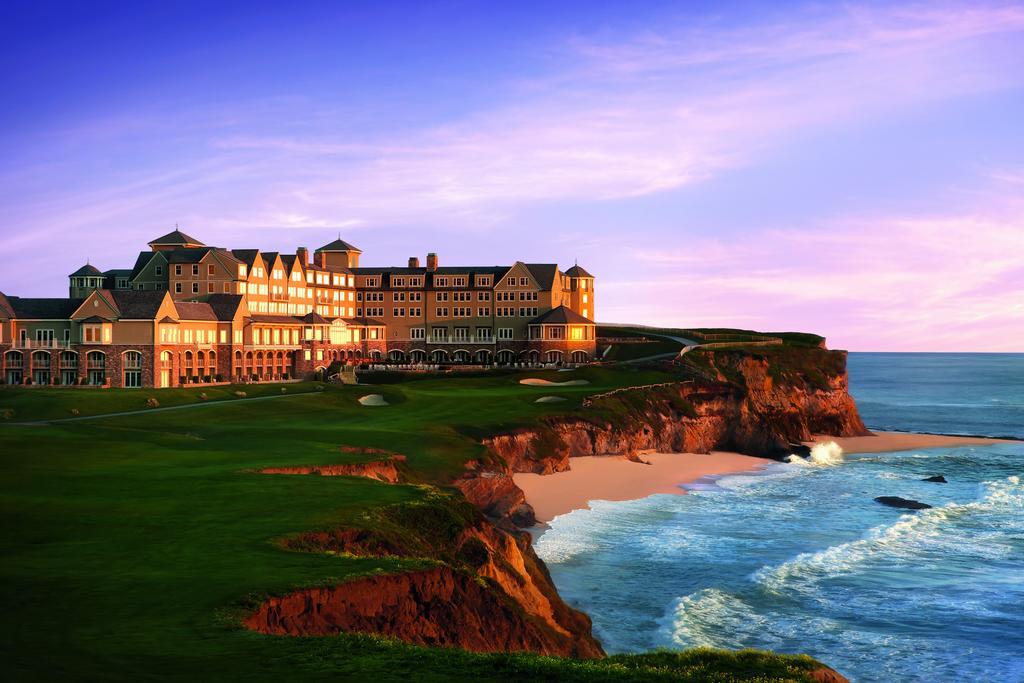US private equity giant Blackstone still remembers that the surest way to make money remains the simplest one: buy low, sell high… and then buy back even lower.
That’s what it is trying to do with a portfolio of luxury hotels currently belonging to China’s terminally troubled and recently nationalized conglomerate Anbang. According to the FT, as part of Beijing’s unwind of Anbang Insurance, Chinese authorities have received offers of up to $5.8BN for the conglomerate’s US luxury hotels business from a group of bidders including Blackstone and Brookfield. In addition to these two, another fifteen potential buyers, which include South Korea’s Mirae Asset Management, SoftBank-owned Fortress, and GIC, Singapore’s sovereign wealth fund, have made it to the final bidding round for the Anbang hotel properties.
Yet while this would be just another plain vanilla commercial real estate auction in what is already a frothy market, if Blackstone ends up the winning bidder, it would cap what the FT dubbed “a remarkable series of deals” involving the US private equity firm, which bought Strategic Hotels in December 2015 for $6 Billion before selling it just three months later to Anbang for $6.5 billion. And now, just over three years later, it may buy it back for $1 billion less!
The sale of the Chicago-based Strategic Hotels, one of Anbang’s most valuable assets in the US, comes after the conglomerate was placed under the control of Chinese regulators last year when its founder Wu Xiaohui was jailed for 18 years on fraud and embezzlement charges, while the company was on the verge of collapse.
The 15 luxury hotels on the block include the Fairmont Scottsdale, several Ritz-Carlton properties including those in Half Moon Bay near Silicon Valley, several Four Seasons hotels, the JW Marriott Essex House on Central Park South in NYC, the Intercontinental in Chicago and the Westin in San Francisco.

Bank of America, which is advising Anbang on the sale which is scheduled for this summer, it will have its hands full: with offers for the portfolio coming in at a very wide range, at a $1 billion gap between the highest and lowest bids, there is clearly a wide range of opinion about the value of the properties and the complexity of the transaction. Curiously, some typical buyers of trophy assets, such as Middle Eastern sovereign wealth funds, did not participate.
The reasons for the sharp drop in value since the hotels were flipped in 2016 include uncertainty over the state of the US economy is depressing the bids, as is the fact that assets that require heavy capital expenditure are out of favor, according to FT sources. Even so, the earnings multiples on the current portfolio were higher than that of comparable hotel groups.
Which of course is good news for Blackstone, which will have already booked a generous profit on the very same portfolio it may soon hold once again. It is by implication bad news for Anbang, or what’s left of it, as it was taken over by what is now the Chinese Banking and Insurance Regulatory Commission;
As a result of Anbang’s troubles, management of Strategic has been in disarray, further eroding its value.
In March of last year, David Hogin, the chief operating officer of Strategic, wrote to Anbang requesting approval for the 2018 budget, according to a letter seen by the Financial Times. “Given all the recent turmoil within our parent company, it is critically important that we communicate with [employees] that their salaries and benefits are proceeding in accordance with prior practice,” he wrote.
Separately, the Anbang-owned iconic Waldorf Astoria Hotel in New York, which is not part of Strategic, remains shuttered while part of it is converted to apartments, even as that the real estate market in Manhattan has softened dramatically. Anbang’s overhang lingers over another Anbang property, the high-end condominiums at 100 East 53rd Street, just a few blocks from the Waldorf, where bankers that lent to the property recently classified the loan as non-performing.
The even better news for Blackstone, which will likely end up pulling this deal over, is that it will have many more distressed real estate assets to pick off from Anbang’s liquidating carcass: before Wu’s arrest, Anbang controlled 58 companies directly or indirectly with $290 billion in assets; very soon all those assets will flip back to US private equity owners, much the same way that Japan’s foray into US real estate in the 1980s – most infamously with the ill-fated purchase of Rock Plaza – ended up in disaster and marked the top of the Japanese asset bubble.
via ZeroHedge News http://bit.ly/2QjBgT9 Tyler Durden